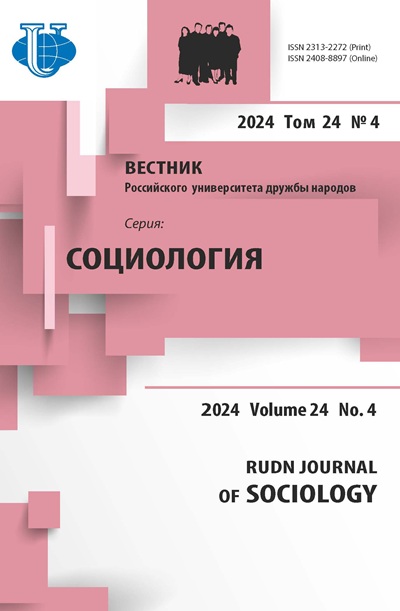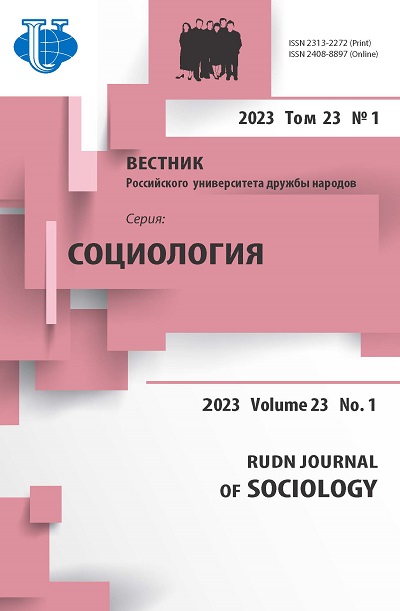Byzantine heritage in contemporary Turkey: Research features and political significance
- Authors: Belokonev S.Y.1,2, Ivanov V.G.2,3, Levina E.V.1,4
-
Affiliations:
- Financial University under the Government of the Russian Federation
- State University of Management
- RUDN University
- Market Economy Institute of RAS
- Issue: Vol 23, No 1 (2023)
- Pages: 89-99
- Section: Contemporary society: the urgent issues and prospects for development
- URL: https://journals.rudn.ru/sociology/article/view/33930
- DOI: https://doi.org/10.22363/2313-2272-2023-23-1-89-99
Cite item














